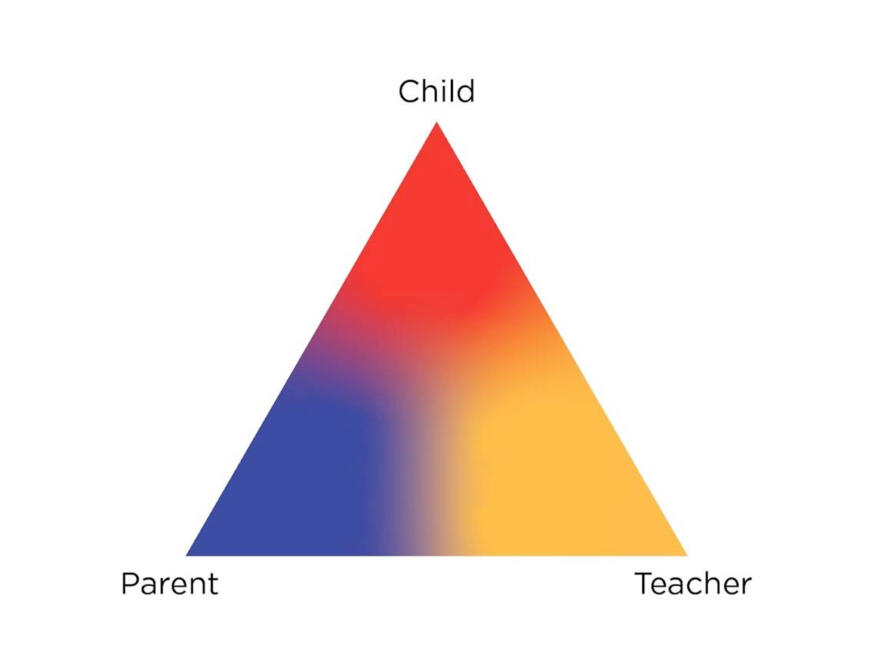by Coach Alan
Technology can have both positive and negative effects on communication and mental health for young athletes. Here are a few ways technology can impact young athletes:
- Access to information: Technology can provide young athletes with easy access to information about training, nutrition, and injury prevention. This can help them make more informed decisions and improve their performance.
- Communication with coac
hes and teammates: Technology can make it easier for athletes to communicate with their coaches and teammates, even when they are not physically together. This can help build team cohesion and support.
- Motivation and engagement: Technology can provide young athletes with motivational tools and resources, such as fitness apps, that can help keep them engaged and focused on their goals.
- Reduced face-to-face communication: Overreliance on technology can lead to reduced face-to-face communication, which can impact social skills and interpersonal relationships.
- Increased screen time: Too much screen time can negatively impact mental health, leading to issues like sleep disturbances, anxiety, and depression.
- Comparison and social media pressure: Social media can create pressure for young athletes to compare themselves to others, leading to feelings of inadequacy and self-doubt.
It is important for parents, coaches, and athletes to be aware of the potential negative effects of technology on communication and mental health and take steps to mitigate them. For example, limiting screen time, encouraging face-to-face communication, and promoting positive body image and self-esteem can all help young athletes maintain their mental health while utilizing technology to support their athletic goals.
The Negative Effects of Digital Technology Usage on Children’s Development and Health
by Rüstem Mustafaoğlu, Istanbul University / Emrah Zirek, Istanbul University / Zeynal Yasacı, Istanbul University / Arzu Razak Özdinçler, Istanbul University





